As The Boys intensifies its political parody in Season 4, it continues to reframe real-world events. This week, Prime Video dares to explore the 9/11 terrorist attacks, and how they led to a controversial public campaign.
What is the “If You See Something, Say Something” campaign?
In the aftermath of the September 11, 2001 terrorist attacks, the United States saw a dramatic shift in its approach to national security. One of the most visible manifestations of this change was the “If You See Something, Say Something” campaign, initially launched by the New York Metropolitan Transportation Authority in 2002 and later adopted nationwide by the Department of Homeland Security.
At its core, the “If You See Something, Say Something” initiative encourages citizens to report suspicious activities to law enforcement. The campaign aims to create a more vigilant society, ostensibly to prevent potential terrorist attacks or other criminal activities. However, by asking people to watch each other constantly, the U.S. government inadvertently erodes community trust, increases social anxieties, and favors prejudice.
While the campaign stresses that factors such as race, ethnicity, and religious affiliation should not be considered suspicious, the reality of human psychology makes this ideal challenging to achieve. Implicit biases can often lead well-meaning individuals to misinterpret innocent behaviors as suspicious, notably when those behaviors are exhibited by members of minority groups. Moreover, the campaign’s broad definition of suspicious activity – including “eliciting information” or “observation/surveillance” – is problematic. These vague categories can easily encompass innocent behaviors, potentially criminalizing normal activities and creating a chilling effect on free expression and association.
The Boys shows the dangerous consequences of a Surveillance Society
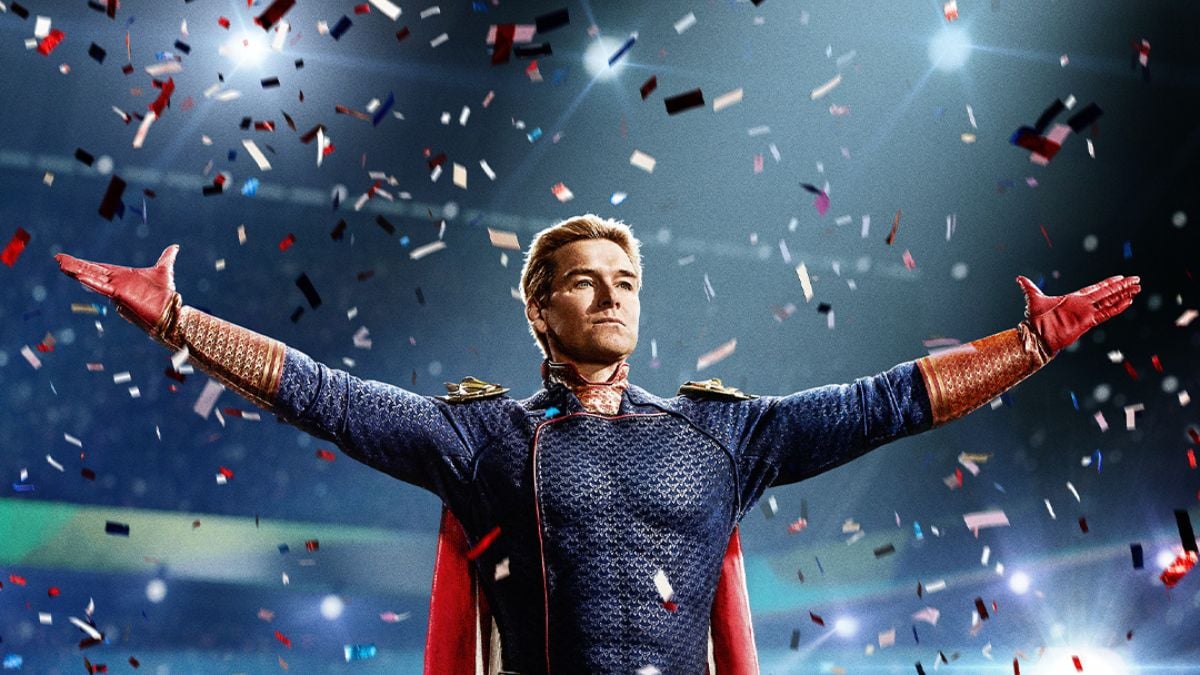
In Season 4, Episode 7, Ryan (Cameron Crovetti) is cast by Vought in a Christmas special filled with puppet Supes. The special’s theme song is “If You See Something, Say Something.” Vought is using family-friendly programming to normalize the constant surveillance of neighbors and friends, supposedly the only way to ensure people’s safety when even superheroes such as Ezekiel (Shaun Benson) can be mysteriously murdered.
Ryan’s big moment in Episode 7 arrives when he refuses to participate in the charade and goes on live television to speak his mind. He tells the audience that we should all be locking arms instead of pointing fingers, and that Vought’s latest campaign is in place to sow fear.
In the context of The Boys, it’s easy to understand how Vought is using the public campaign to achieve its goals. Homelander (Antony Starr) has been guided by Sister Sage (Susan Heyward) to split the nation apart and turn citizens against each other. It’s only when chaos reigns that a savior can rise to save the day, as people will willingly give away their freedom because there are worse things lurking around.
What makes the whole affair so uncomfortable is how The Boys exposes the fearmongering behind the “If You See Something, Say Something” campaign. Back in 2001, the “war against terror” justified all sorts of civil rights violations, as people were terrified of becoming victims of a threat that could be hiding in plain sight.
Time is the best teacher, and now we can look back and realize how powerful people exploited the public’s insecurities to pursue their selfish objectives. Hopefully, this lesson won’t soon be forgotten, especially when we have great parodies such as The Boys to remind us of the perverse effects of seemingly innocent public campaigns.

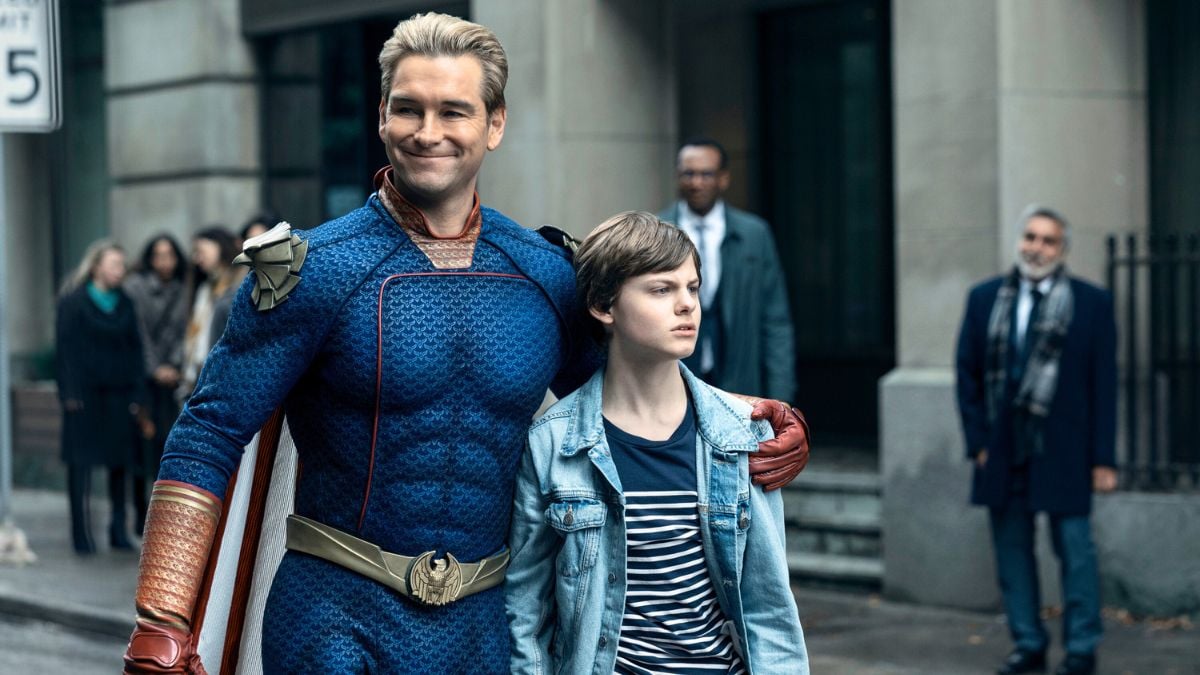
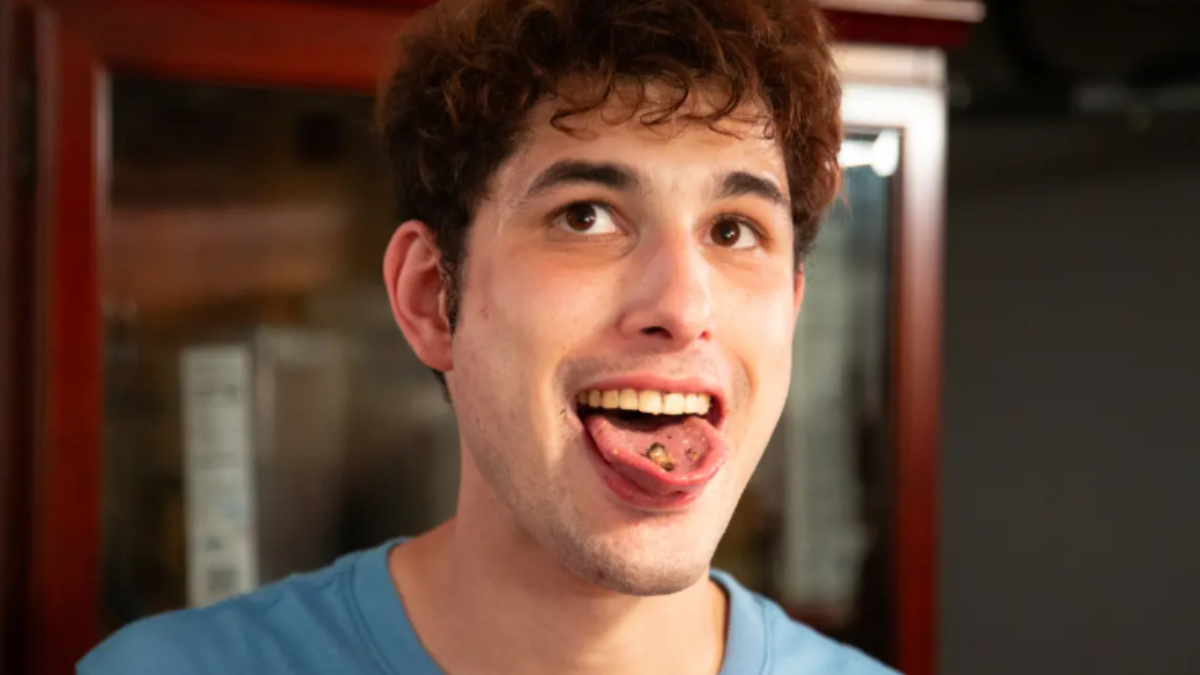
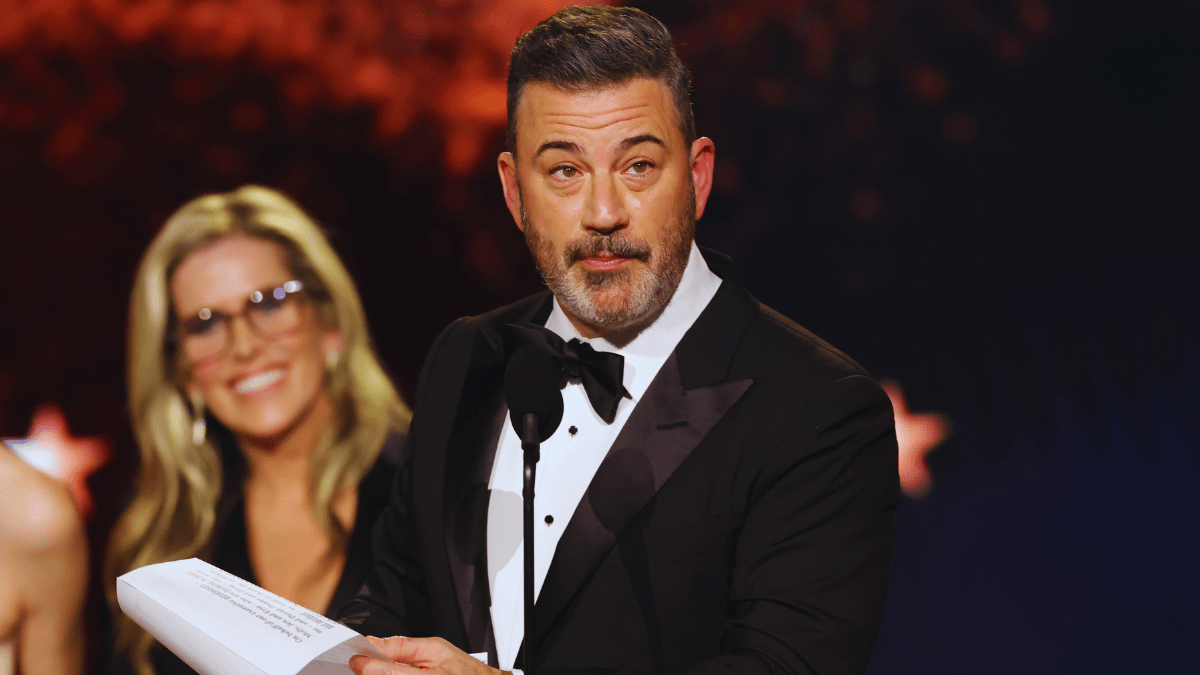
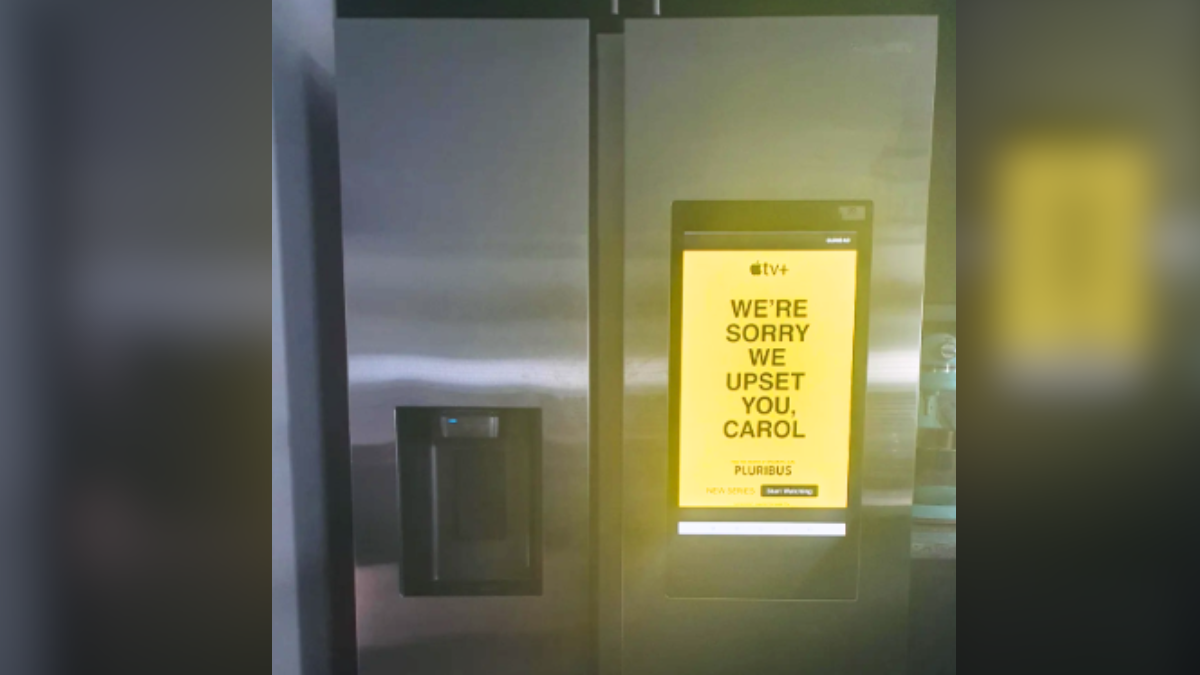


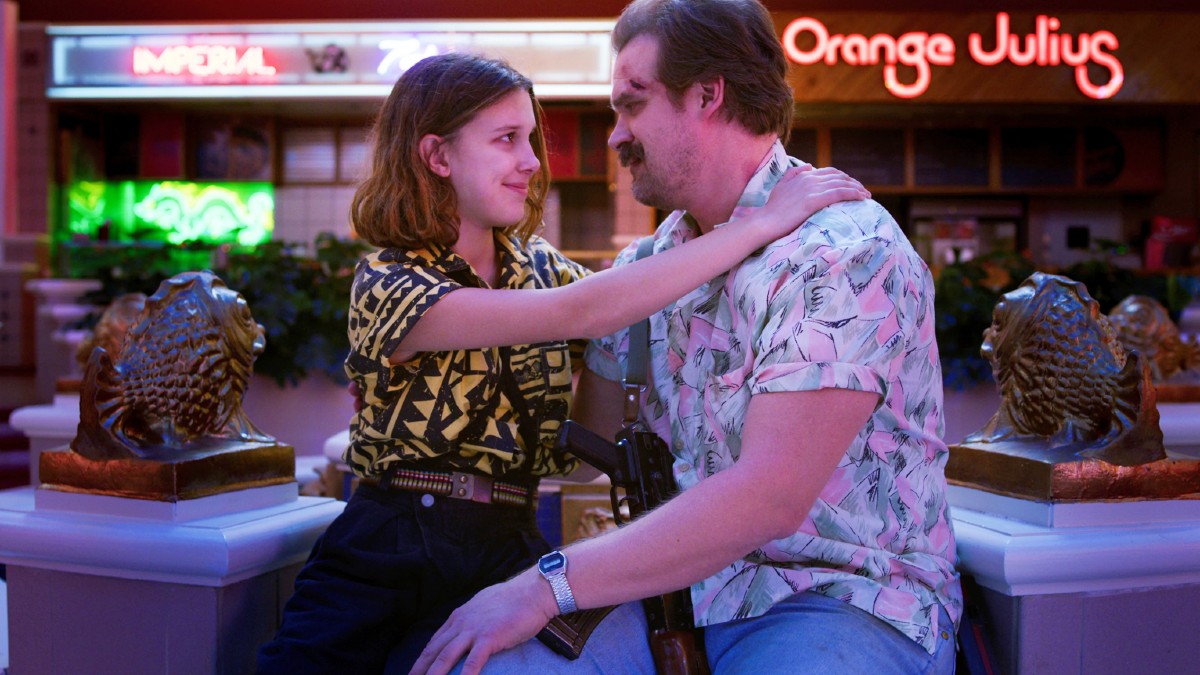

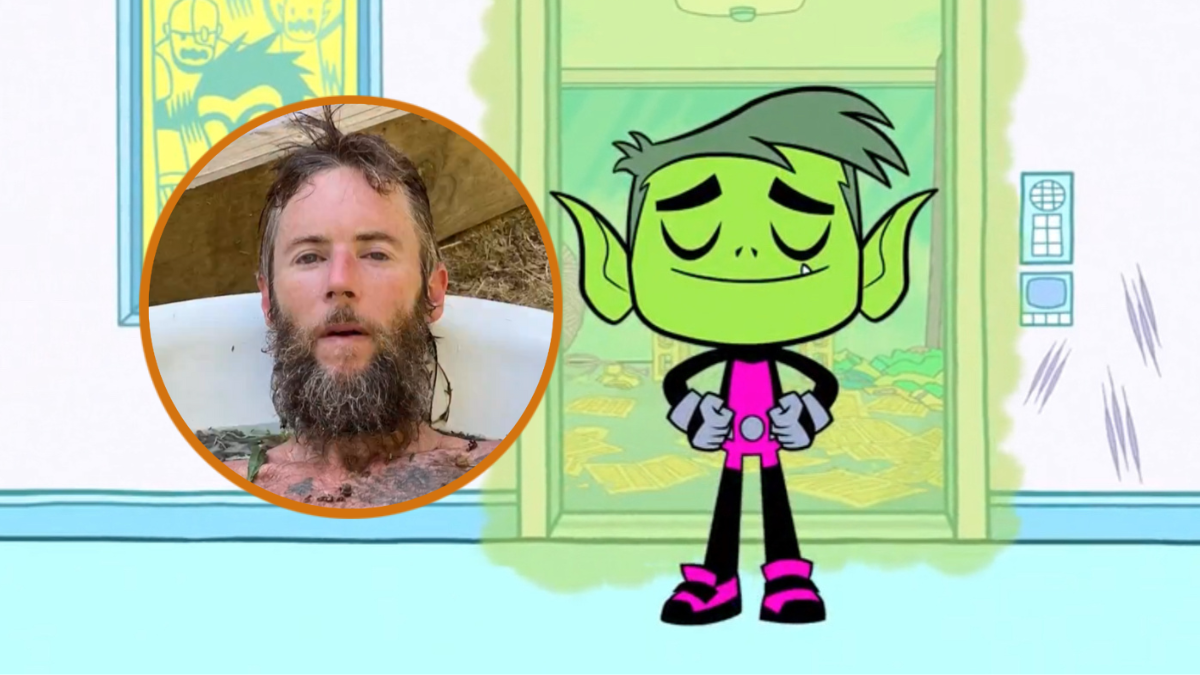

Published: Jul 11, 2024 12:45 pm